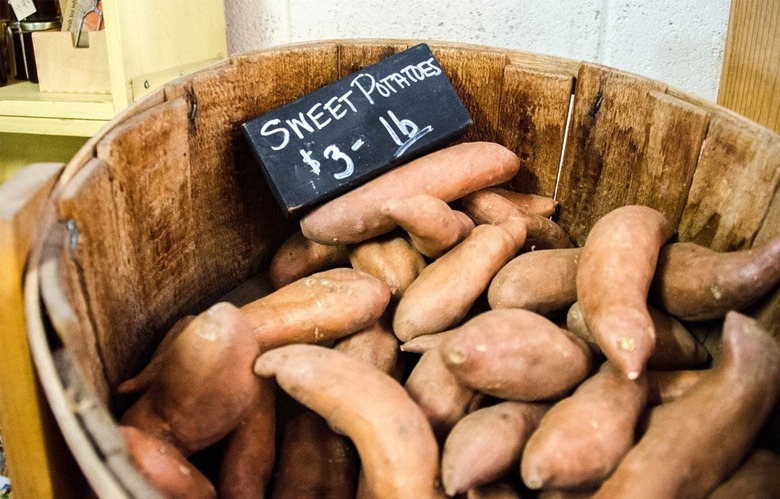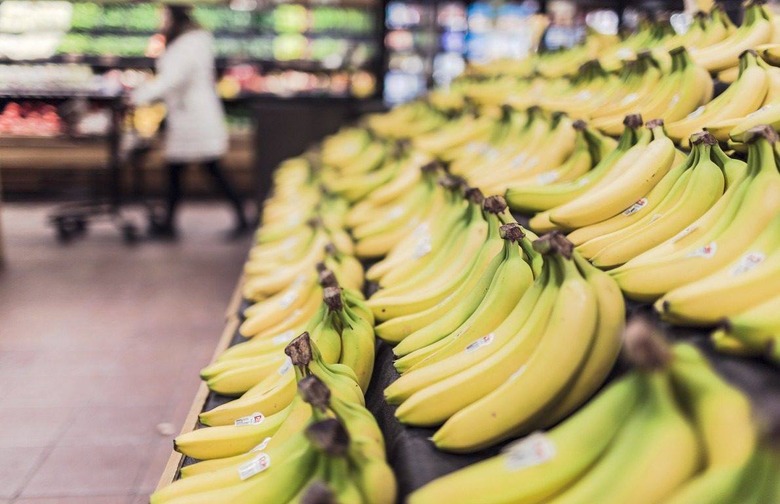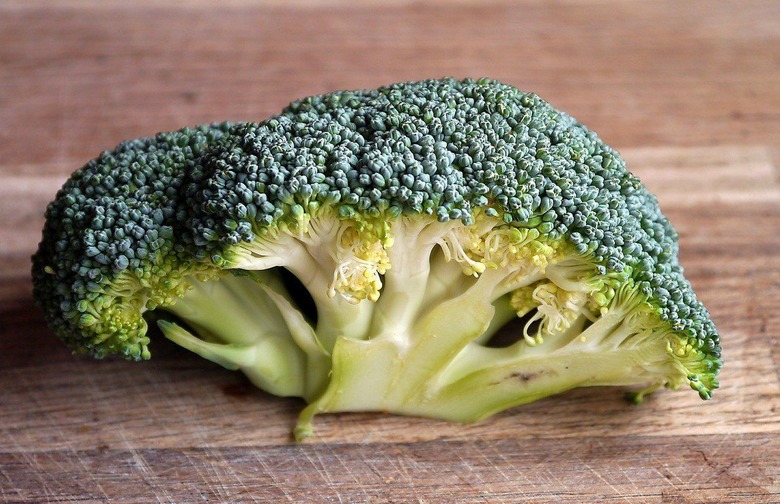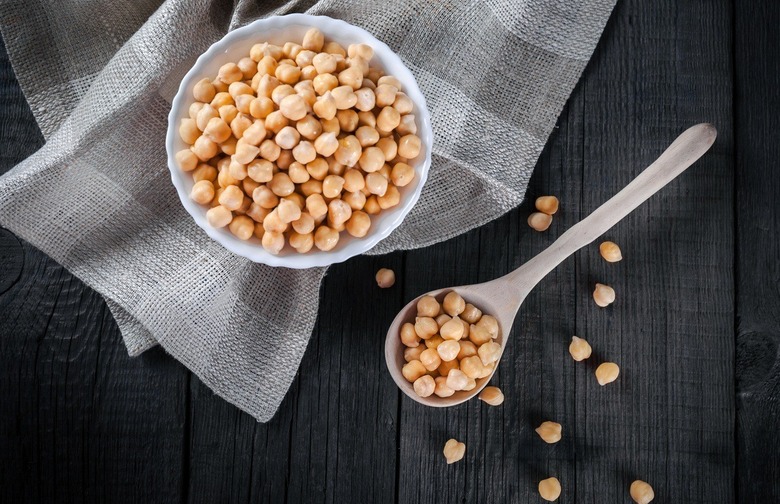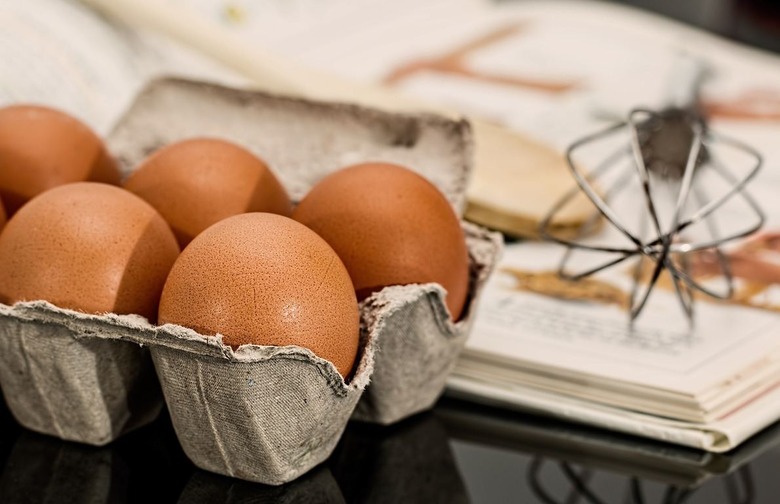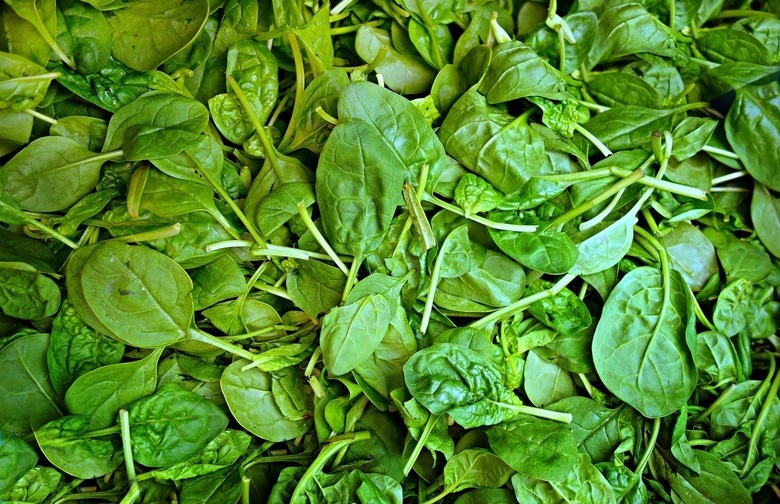Stop Taking Expensive Vitamins And Eat These Foods Instead Slideshow
Bananas
Nature's perfect on-the-go snack is also an easy way to incorporate vitamin B6 into the diet. Two large bananas deliver 80 percent of the recommended daily intake of vitamin B6 and also contain potassium and fiber.
Broccoli
Though often overlooked in favor of its trendy relative, kale, broccoli is an important vegetable that should be included in weekly dinners. Broccoli is part of the cabbage family, and it is high in vitamins E and C, folate, and magnesium. Try eating it raw, steamed, or roasted with lemon zest and Parmesan.
Chickpeas
Chickpeas (also know as garbanzos) are inexpensive, versatile, and delicious: One cup of chickpeas covers the recommended daily intake of manganese and folate. Try throwing some canned chickpeas in a blender with sesame paste, lemon juice, and salt for a tasty alternative to manganese pills, or try one of these five life-changing hummus recipes.
Eggs
Eggs have gone through their fair share of health controversies, but they've been accepted by nutritionists as an inexpensive source of nutrients and protein. Eggs are the highest natural non-meat or -seafood source of vitamin B12, making them essential components of any vegetarian diet. Check out these 10 recipes that prove eggs are good for more than just breakfast.
Spinach
Spinach is important for vegetarians and vegans because it's a good non-meat source of iron. It's also rich in vitamin K, vitamin A, folic acid, and contains virtually no fat or calories. It's especially good in a salad with mint, feta, and strawberries.
Sunflower Seeds
A small handful of sunflower seeds provides half of the daily recommended intake of vitamin E. The seeds also contain magnesium and selenium, two minerals crucial to reducing swelling and inflammation in the body. Here are some recipes that can help incorporate sunflower seeds into a meal.
Sweet Potatoes
It might be a humble root, but the sweet potato is one of the healthiest foods on the planet. It's a rich source of beta-carotene — a pigment that eventually converts to vitamin A within the body. There are endless sweet potato recipes out there, but here are some of the best. If pressed for time, simply cut a sweet potato in half lengthwise, poke holes in both the peel and the cut surface with a fork, and heat it in the microwave for four to five minutes. Don't forget: The skin is full of nutrients, too!
Wheat Germ
Wheat germ has been haunting hotel breakfast buffets for decades, and it sits untouched on grocery store shelves. But this shunned breakfast staple is actually the healthiest part of wheat. Wheat germ is packed with a variety of vitamins and minerals such as vitamins B6 and E, folate, zinc, and magnesium. Sprinkle some on top of yogurt or try baking these cherry wheat germ muffins for breakfast.
